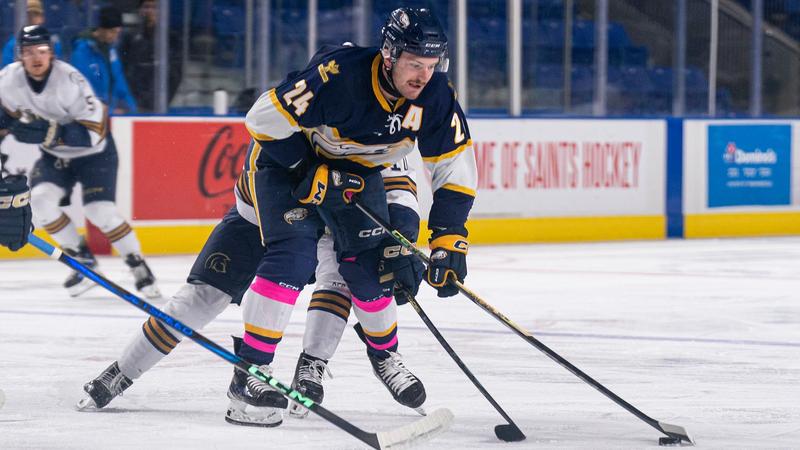Blog
-

Decommissioned Towcester ambulances bring aid to Ukraine
Alex PopeNorthamptonshire
 Towcester Tove Benefice
Towcester Tove BeneficeThe ambulances arrived in Ukraine on Wednesday 8 October Two decommissioned NHS ambulances have travelled 1,350 miles (2,173km) to wartorn Ukraine packed full of donated medical and humanitarian aid….
Continue Reading
-
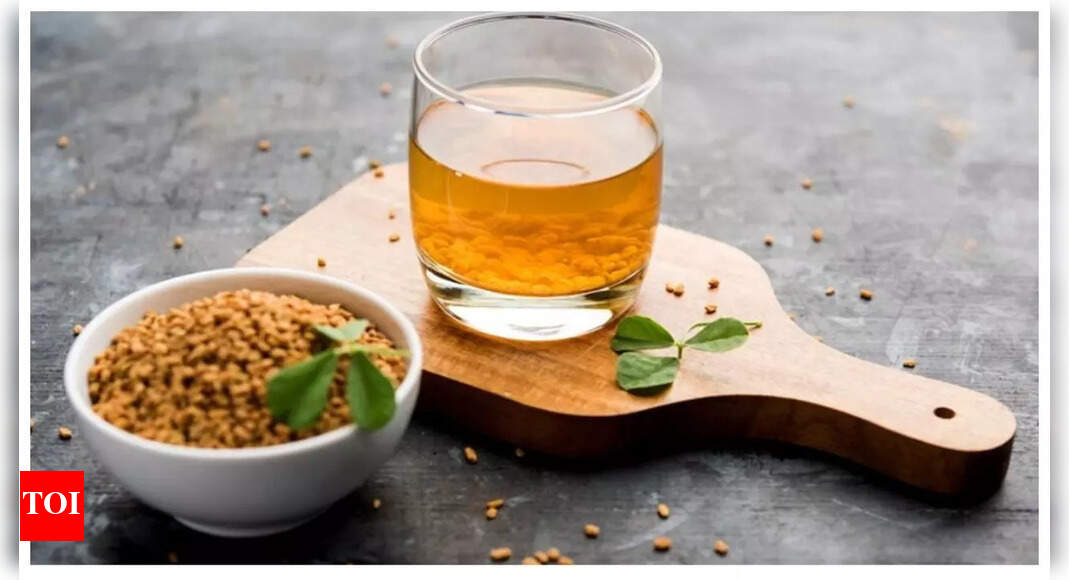
From better gut health to stable blood sugar: 5 changes that can occur when one consumes methi water for a month
Fenugreek seeds water, also known as methi water, has a host of health benefits. Drinking methi water every day for a month can be extremely powerful due to the rich nutrients and bioactive compounds, present in fenugreek seeds. Here are 5…
Continue Reading
-

Italian carmaker scales back EV ambitions amid market uncertainty
Maranello, Italy | Since its blockbuster listing in New York almost a decade ago, Ferrari has consistently delivered industry-beating profits with a market valuation of a luxury brand rather than a carmaker.
Investors are now nervous that the winning streak may not last for the Italian group as it enters a new era of electric vehicles and geopolitical uncertainty.
Loading…
Financial Times
Continue Reading
-

Football vs San Jose State University on 10/11/2025 – Box Score – University of Wyoming Athletics
- Football vs San Jose State University on 10/11/2025 – Box Score University of Wyoming Athletics
- PHOTOS: Cowboys defeat San Jose State in come-from-behind fashion Casper Star-Tribune
- Rants & Raves: San Jose State Edition 7220 Sports
- Cowboys host…
Continue Reading
-
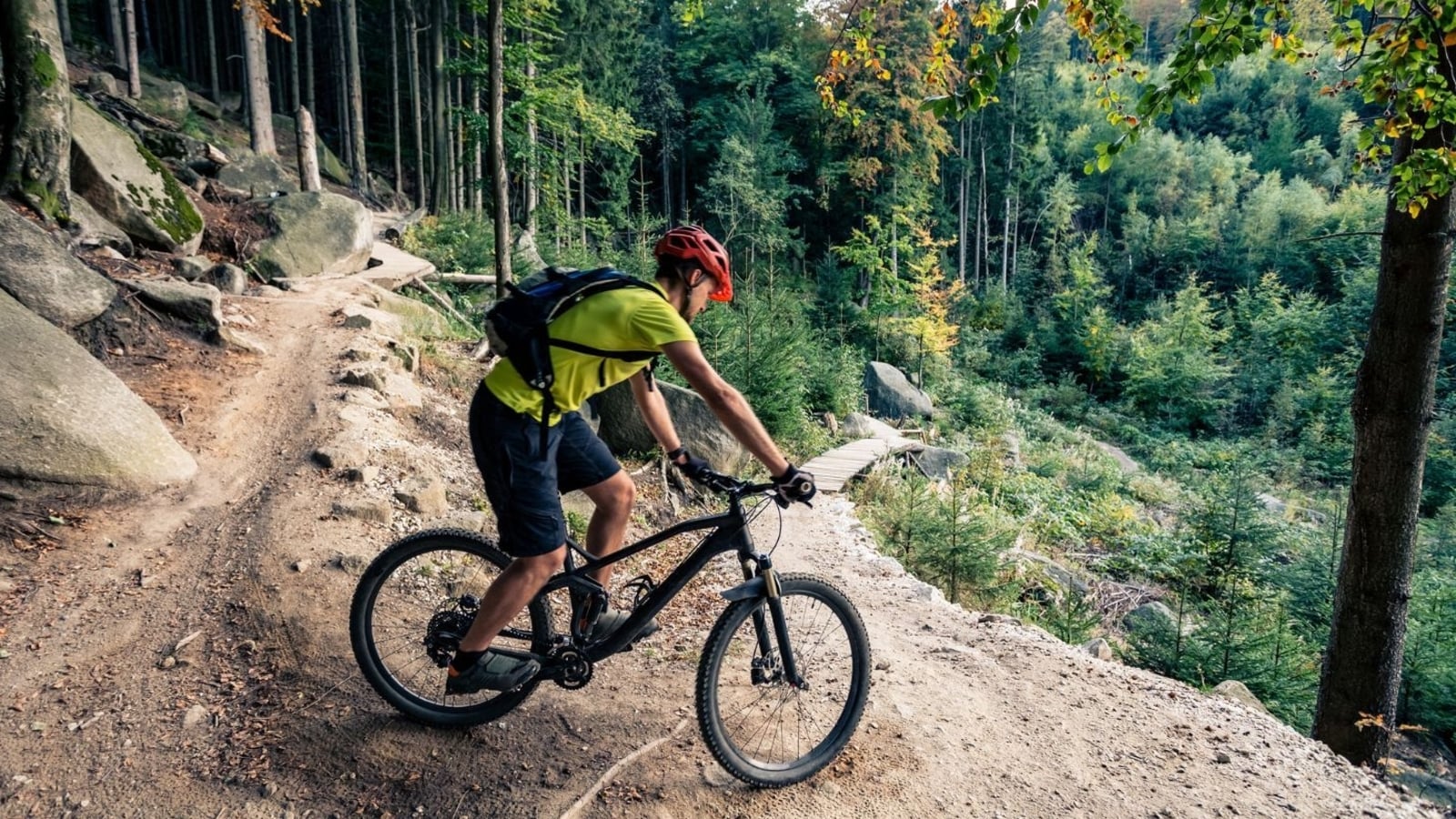
Ready for an adventurous trail? 8 best mountain bikes of 2025 to improve cardiovascular health
Unlike traditional cardio machines, mountain bikes turn every trail into a dynamic workout. The varied terrain naturally creates an interval-training effect; steep climbs push your heart rate up, while descents and flat stretches provide active…
Continue Reading
-
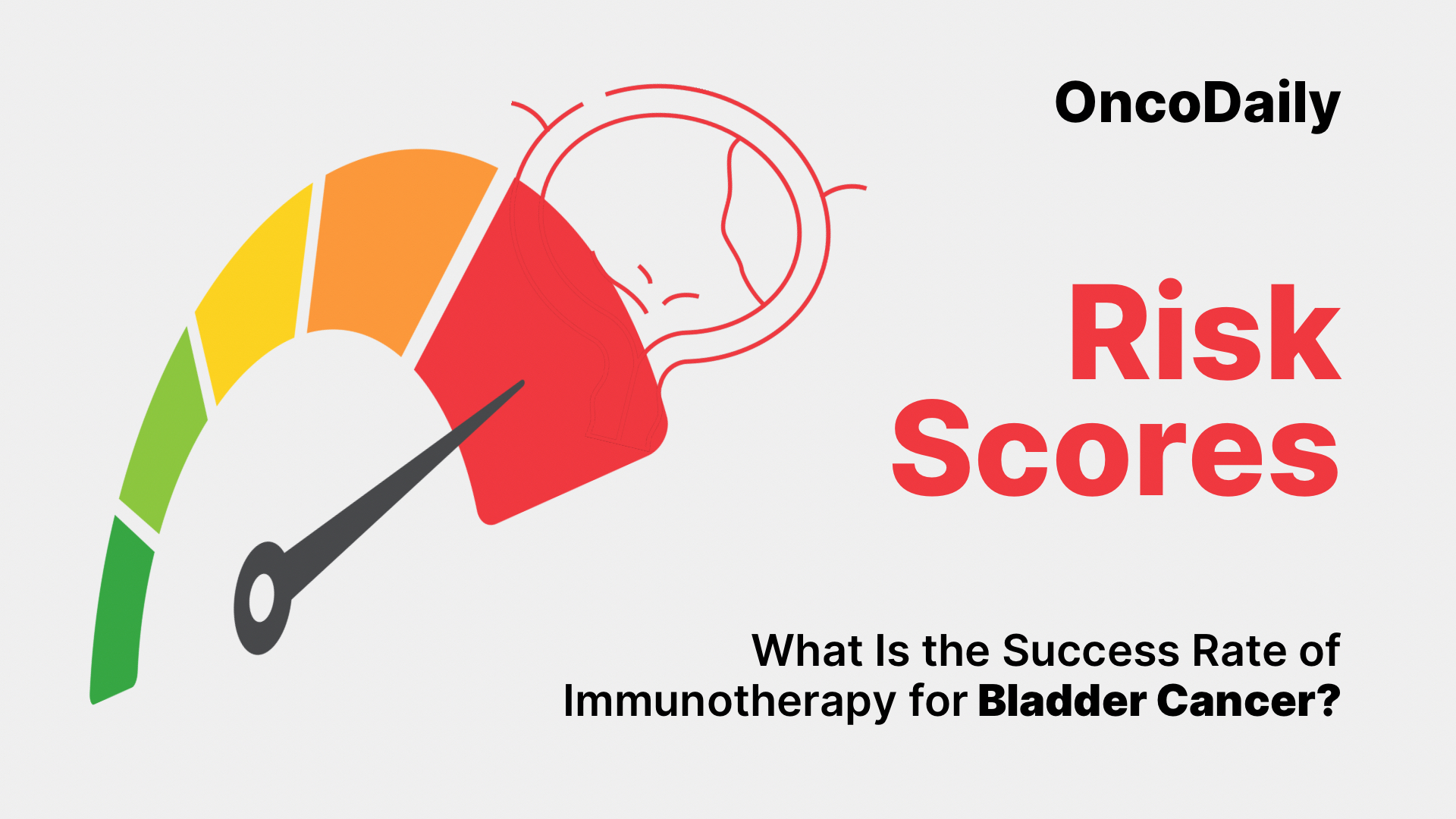
Success Rate of Immunotherapy for Bladder Cancer. What Patients Need to Know in 2025
The success rate of immunotherapy for bladder cancer has become a central question for patients and oncologists alike. Bladder cancer is one of the most common malignancies of the urinary tract, accounting for over 600,000 new cases and 220,000 deaths worldwide each year (Sung et al., 2021). It has long been considered an immune-responsive tumor, making it a leading model for understanding how the immune system can control or eliminate cancer.
For decades, intravesical Bacillus Calmette–Guérin (BCG) has been the standard of care for early-stage disease, representing one of the earliest successful uses of immunotherapy in oncology. More recently, immune checkpoint inhibitors have revolutionized treatment for advanced or metastatic bladder cancer, providing durable responses and prolonged survival for a subset of patients. However, the success rate of immunotherapy for bladder cancer varies widely depending on the disease stage, molecular profile, and therapeutic strategy used.
Read About Immunotherapy for Bladder Cancer on OncoDaily
Immunotherapy in Bladder Cancer: A Brief Overview
Immunotherapy works by mobilizing the patient’s immune system to identify and destroy malignant cells. In bladder cancer, the immune system’s interaction with tumor tissue is especially significant due to the tumor’s high mutational load and immune infiltration. This biological context helps explain why the success rate of immunotherapy for bladder cancer is higher than for many other solid tumors.
The two major forms of immunotherapy currently used in bladder cancer are intravesical BCG for non–muscle-invasive tumors and systemic immune checkpoint inhibitors for locally advanced or metastatic disease. Both approaches aim to enhance the immune response against cancer, but their mechanisms and success rates differ.
Non–Muscle-Invasive Bladder Cancer and BCG Immunotherapy
In non–muscle-invasive bladder cancer (NMIBC), BCG remains the cornerstone of treatment. Administered directly into the bladder, it stimulates a local immune response that targets tumor cells. Numerous studies have demonstrated that BCG therapy prevents recurrence in 60–70% of patients and delays disease progression in about 30–40% (Sylvester et al., 2002). These results underscore the high success rate of immunotherapy for bladder cancer at this early stage.
However, not all patients respond favorably. Around one-third of individuals are considered “BCG-unresponsive,” meaning the disease recurs or persists despite adequate treatment. For these patients, alternative approaches are essential. Recently, systemic immunotherapy with checkpoint inhibitors has emerged as a valuable option for BCG-unresponsive NMIBC, further extending the reach of immunotherapy beyond local treatment.
Immunotherapy for BCG-Unresponsive Disease
For patients whose tumors do not respond to BCG, pembrolizumab has provided new hope. The KEYNOTE-057 trial demonstrated that pembrolizumab achieved a complete response rate of 41% at three months among patients with carcinoma in situ, and nearly 20% maintained that response for at least one year (Balar et al., 2021). These results represent a meaningful advance in the success rate of immunotherapy for bladder cancer at the non-muscle-invasive stage.
While not every patient experiences durable benefit, pembrolizumab offers a bladder-sparing alternative to surgery for those who are ineligible for or decline cystectomy. The trial’s long-term follow-up continues to show that a subset of patients achieve sustained remission, highlighting the potential of systemic immunotherapy to change the natural course of early-stage bladder cancer.
Advanced and Metastatic Disease: Expanding the Benefits
In advanced or metastatic urothelial carcinoma, immune checkpoint inhibitors have redefined the treatment paradigm. The pivotal KEYNOTE-045 study compared pembrolizumab to chemotherapy in patients whose disease had progressed after platinum-based treatment. The overall response rate was 21% for pembrolizumab compared with 11% for chemotherapy, and median overall survival increased from 7.4 months to 10.3 months (Bellmunt et al., 2017). The durability of these responses significantly improved the success rate of immunotherapy for bladder cancer in this challenging setting.
Atezolizumab produced similar outcomes in the IMvigor210 study, with response rates ranging between 15% and 23%, particularly in patients whose tumors expressed high levels of PD-L1 (Rosenberg et al., 2016). Importantly, many of these responses lasted years, with some patients maintaining complete remission long after treatment discontinuation.
Perhaps the most transformative progress has come from avelumab maintenance therapy. The JAVELIN Bladder 100 trial demonstrated that patients who received avelumab maintenance after first-line chemotherapy had a median overall survival of 21.4 months, compared to 14.3 months with best supportive care (Powles et al., 2020). This established maintenance immunotherapy as a new global standard and pushed the success rate of immunotherapy for bladder cancer to unprecedented levels in metastatic disease.
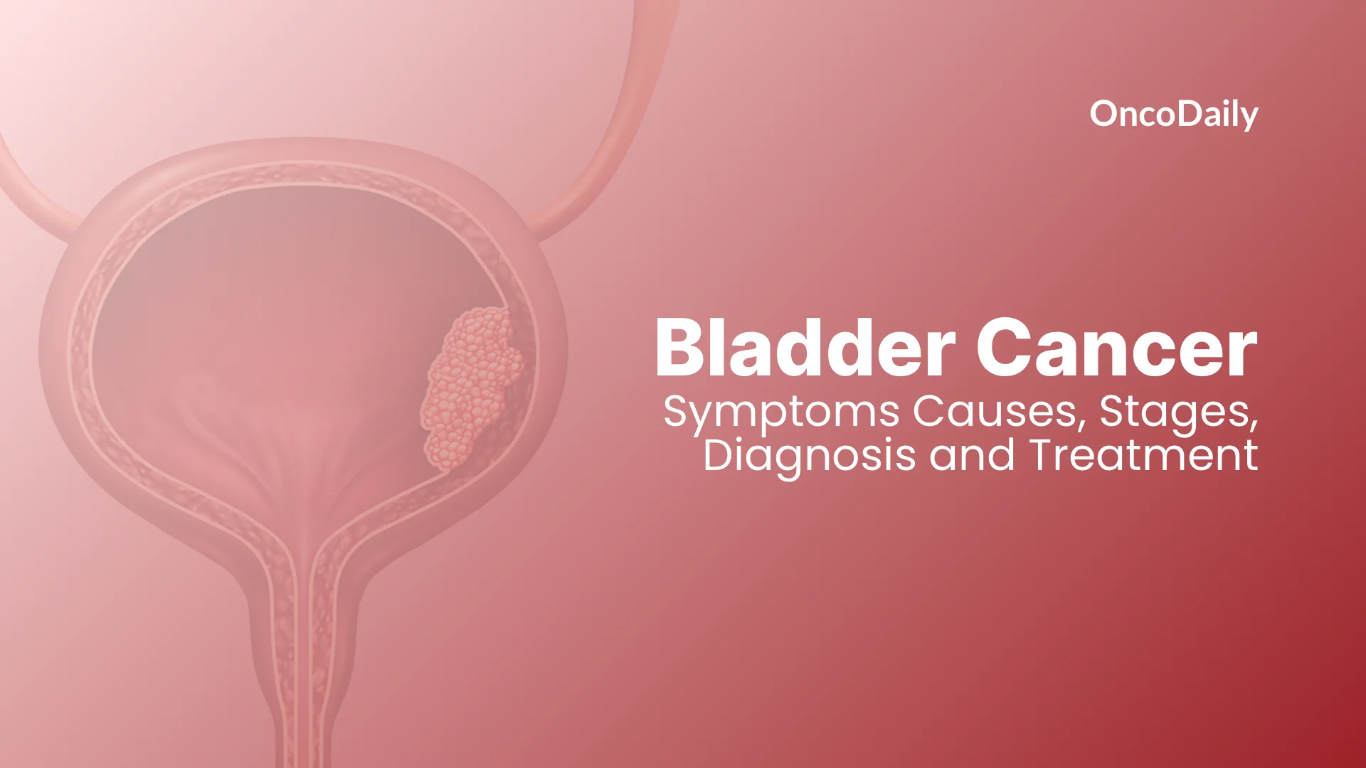
Read About Bladder Cancer on OncoDaily
Determinants of Success
The variability in the success rate of immunotherapy for bladder cancer can be explained by differences in tumor biology, immune microenvironment, and patient factors. Tumors with high PD-L1 expression or elevated tumor mutational burden tend to respond better to checkpoint inhibitors. Similarly, mutations in DNA damage repair (DDR) genes are associated with increased immune sensitivity. Conversely, patients with immune-cold tumors, few infiltrating lymphocytes, or liver metastases often experience limited benefit.
Beyond biological features, clinical factors such as performance status, comorbidities, and prior therapies also affect outcomes. Researchers are working to refine predictive biomarkers to identify which patients are most likely to achieve durable responses, thereby improving the overall success rate of immunotherapy for bladder cancer through precision medicine.
Combination Approaches: Toward Higher Success Rates
To enhance efficacy, ongoing trials are combining immunotherapy with chemotherapy, targeted therapy, or antibody–drug conjugates. One of the most promising examples is the combination of pembrolizumab with enfortumab vedotin, evaluated in the EV-103/KEYNOTE-869 trial. This regimen produced an extraordinary response rate of 73% and a complete response rate of 15% in previously untreated metastatic bladder cancer (Yu et al., 2021). Such findings suggest that the future success rate of immunotherapy for bladder cancer could exceed current benchmarks as combination strategies become standard practice.
Limitations and Challenges
Despite these advances, several challenges remain. Not all patients benefit from immunotherapy, and resistance—either primary or acquired—remains common. Adverse events such as pneumonitis, colitis, or thyroid dysfunction can occur, sometimes necessitating treatment interruption. Access to genomic testing and immunotherapy agents may also be limited in certain regions, creating disparities in care that influence real-world outcomes.
Nevertheless, ongoing research and the development of next-generation immunotherapies promise to overcome many of these obstacles. By integrating molecular diagnostics, artificial intelligence, and adaptive trial designs, clinicians aim to further increase the success rate of immunotherapy for bladder cancer globally.
The Future of Immunotherapy in Bladder Cancer
Looking ahead, immunotherapy is expected to remain at the forefront of bladder cancer treatment. The focus is shifting toward biomarker-guided therapy, novel immune targets such as TIGIT and LAG-3, and personalized combination regimens. Clinical trials are increasingly using artificial intelligence to analyze genomic and imaging data, helping to predict which patients will respond best.
As scientific understanding deepens, it is anticipated that the success rate of immunotherapy for bladder cancer will continue to climb, potentially transforming the disease from a terminal condition into a chronic, manageable one for many patients.
Conclusion
The success rate of immunotherapy for bladder cancer depends on disease stage, treatment type, and tumor biology. For non–muscle-invasive disease treated with BCG, recurrence prevention rates reach up to 70%. For BCG-unresponsive disease treated with pembrolizumab, complete responses occur in about 40% of patients, with some maintaining remission beyond one year. In advanced or metastatic bladder cancer, checkpoint inhibitors achieve response rates of approximately 20–25%, while maintenance avelumab extends median survival beyond 21 months. Combination therapies such as pembrolizumab with enfortumab vedotin are now pushing response rates past 70%, marking a new era in bladder cancer care.
While immunotherapy is not universally effective, its ability to deliver durable, long-term control represents one of the greatest achievements in modern oncology. Continued innovation, precision biomarker use, and global accessibility will further improve the success rate of immunotherapy for bladder cancer, bringing hope to thousands of patients each year.
You Can Watch More on OncoDaily Youtube TV
Written by Armen Gevorgyan, MD
Continue Reading
-

3 Bears Reach Singles Round Of 16 At ITA NW Regionals
ITAMao Mushika advanced to Sunday’s singles and doubles rounds of 16 at ITA regionals.
Continue Reading
-

At £32.87, I couldn’t resist this dirt-cheap FTSE 100 growth stock!
Image source: Getty Images Like Warren Buffett, I love buying top stocks when they’re trading cheaply. So I’ve used recent weakness in the Coca-Cola HBC (LSE:CCH) share price to boost my holdings in the FTSE 100 stock.
At £33.40 per share, the Coca-Cola bottler remains roughly 20% more expensive than it was at the start of 2025. But it’s dropped sharply from its record peaks above £41.02 hit back in May.
This was a bargain opportunity I thought was too good to pass up, and bought more at £32.87 per share. Here’s why.
Major consumer goods companies often command higher valuations than the broader market. Investors are drawn to their predictable earnings and robust cash flows, making them reliable selections over the long term.
In Coca-Cola HBC’s case, stock pickers have been willing to pay a premium for the exceptional brand power of drinks like Coke, Fanta, Sprite, and Monster Energy. The soft drinks market is largely immune to changes in the economic cycle. With globally-recognised labels like these, the FTSE company enjoys even greater demand resilience.
Furthermore, this unrivalled brand strength allows the drinks bottler to raise prices without losing much (if any) market share. This is a powerful weapon in offsetting rising cost pressures and growing profits over time.
Latest financials in August underlined these defensive qualities in action. Despite some tough conditions, organic revenues rose across all regions in the first half, improving 2.6% at group level. Its operating profit margin increased 50 basis points to 11.5%, while operating profit leapt 13.9% year on year.
It’s not just Coca-Cola HBC’s sturdiness that’s a major attraction, though. Thanks to its substantial footprint in fast-growing regions — including parts of Africa and Central and Eastern Europe — the business also has significant growth potential that investors are happy to pay for.
This is another advantage recently displayed in those half-year results. The firm’s organic revenues in emerging and developing markets rose 6.2% and 17.4% in the period. These regions now make up more than two-thirds of group revenues combined.
So given this resilience, why have the shares dropped so sharply? One reason could be that the ‘discount rate’ used to value future earnings rises when interest rates stay high. With hopes of sustained rate cuts fading, stable growth stocks like this are coming under pressure.
It’s possible that fears of how weight-loss jabs like Ozempic will impact demand have hit the shares. While a threat, my view is that the company’s large (and increasing) stable of low-sugar drinks and presence in regions where jab usage is low substantially reduces this danger.
Continue Reading
-

TV tonight: Sally Wainwright’s furious drama about a menopausal punk band | Television & radio
Riot Women
Sunday, 9pm, BBC One
“Do you think women of a certain age become, you know, invisible?” Teacher Beth (Joanna Scanlan) gave her best years to her family – and now both her husband and son have left her feeling disposable. She’s…
Continue Reading
